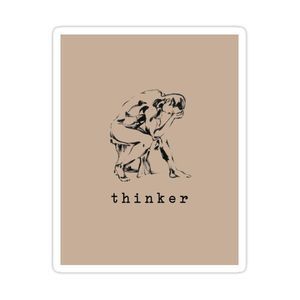15454097
Atomic Theorists and parts of the atom
Description
No tags specified
Flashcards by Nneamaka Onyia, updated more than 1 year ago
More
Less

|
Created by Nneamaka Onyia
about 6 years ago
|
|
Resource summary
| Question | Answer |
| Democritus around 440BC | Greek philosopher Thoughts: proposed that if you cut a silver coin you would left with something uncuttable. Called this particle an atom meaning indivisible in Greek[atomos] Largely ignored because the majority believed Aristotle[continuously divisible] |
| John Dalton 1776-1844 | British schoolteacher Proposed first modern atomic theory based on experimentation |
| Dalton's Atomic Theory | 1.All mater is made of atoms 2.There are many types of atoms [elements] each type of atom has a unique mass and properties 3.Different atoms may combine to form compounds in fixed proportions 4.Atoms remain unchanged in a reaction, only their connections change 5. Atoms are indivisible and indestructible |
| JJ Thomson 1897 | Discovered an error in Dalton's theory found smaller particles inside an atom performed the cathode-ray tube experiment |
| JJ Thomoson Discovery | called his discovery "negative corpuscles" and came up with several observation: 1.Corpuscles are in every type of atom 2.All corpuscles are identical Corpuscles=electrons |
| Thomson's Plum Pudding Model | changed understanding of the atom atom is a diffused positive charge with dense points of negative charge spread throughout |
| Ernest Rutherford 1909 | student of Thomson's discovered the nucleus and another subatomic particle performed the "gold foil experiment" |
| Rutherford's Nuclear Model of the Atom | Rutherford discovered the proton and proposed a new model, with a dense positive core[nucleus] surrounded by electrons in the new model the atom is MOSTLY EMPTY SPACE |
| Niels Bohr 1913 | worked with Rutherford suggested that electrons are located in electron shells outside the nucleus based on how much energy they have[ more energy further from the nucleus ] electrons orbit the nucleus |
Want to create your own Flashcards for free with GoConqr? Learn more.
